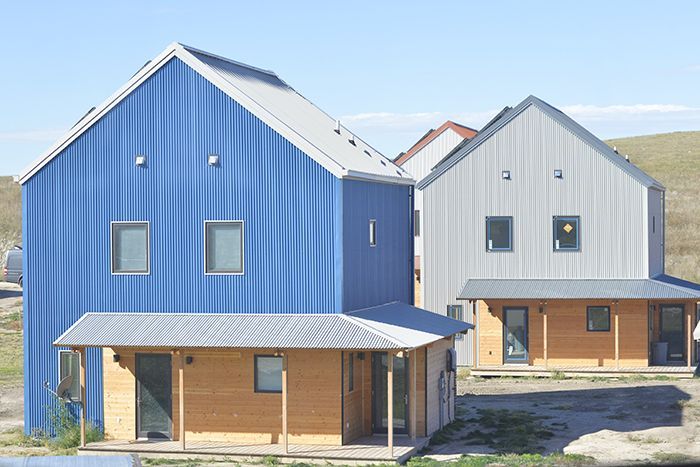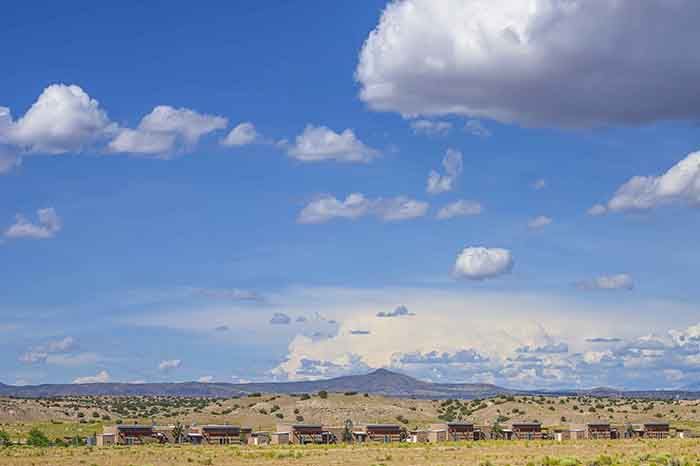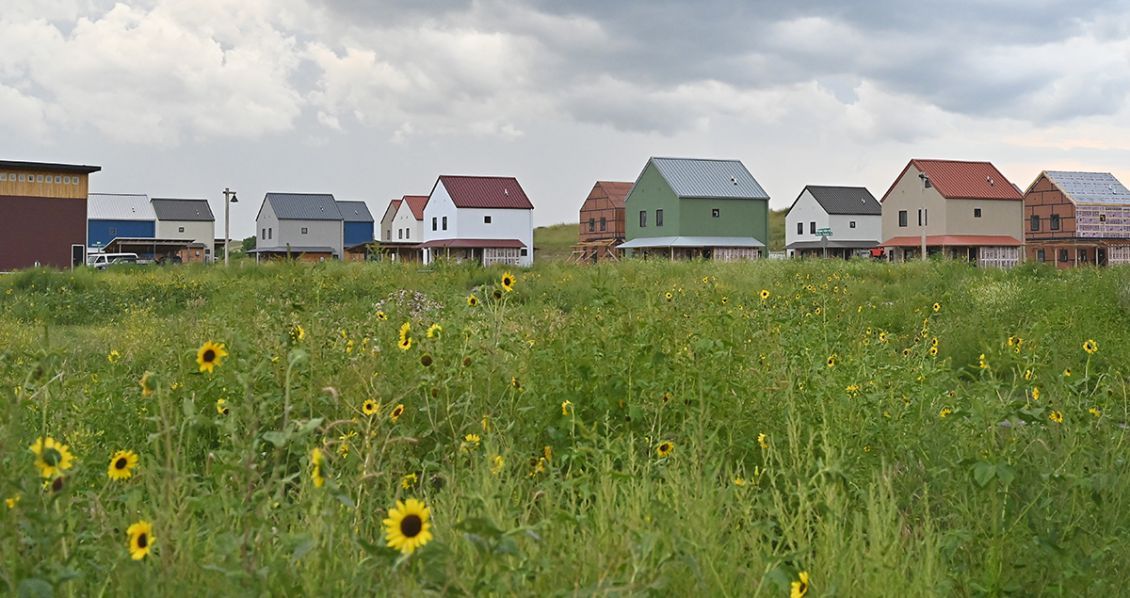June marks National Homeownership Month, a time to celebrate the opportunities homeownership provides and to educate prospective borrowers.
We know that where someone lives impacts every aspect of their — from health, to employment, to the ability to make ends meet and, hopefully, move themselves and their families up the economic ladder. This is acutely true among Native Americans, whose housing opportunities have been systemically limited.
Data released in the Opportunity Atlas shows that, among all races, Native American children have the lowest rates of upward economic mobility, and even when they are born into higher-income families, there is a greater likelihood of downward mobility.
However, the same data showed the opposite when these children are raised on tribal lands. This reinforces what we've learned through decades of work with tribes across the country: The values and cultural ties on tribal lands are critical assets that strengthen communities and families.
Our Rural and Native American Program team has created a template for Native housing organizations to use in their education efforts of Tribal Leadership on housing and homeownership in their communities. This is just an extension of the continued work our team has been doing to lift up homeownership as a tool for building assets and improving housing conditions in Native communities.

Enterprise Supports Native Homeownership
In 2018, we developed the Enhancing and Implementing Homeownership Programs in Native Communities as a companion piece to the Tribal Leaders Handbook on Homeownership. A joint publication with the Center for Indian Country Development of the Federal Reserve Bank of Minneapolis, the comprehensive curriculum combines a range of participatory activities and exercises to facilitate shared learning and encourage participants to develop strategies for implementing high-quality homeownership programs in their communities.
We launched the Native Homeownership Learning Communities Cohort in 2020, engaging representatives from Tribally Designated Housing Entities, Tribal Housing Authorities and Native Community Development Finance Institutions from across the country in a 14-month intensive training and technical assistance program to increase homeownership in native communities.
The cohort provided participants with grant funding and training and capacity-building technical assistance covering topics such as land lease processes, mortgage financing and ordinances, community planning, homebuyer readiness and design and construction.
Our Continued Support for Native Communities
Our Rural and Native American team further supports Native homeownership through engagement in the South Dakota Native Homeownership Coalition (SDNHC) and the New Mexico Tribal Homeownership Coalition. SDNHC's "Sharing Our Pathway" Toolkit is packed with tips, templates and learnings for Native groups looking to start a coalition.
We also host the Native Homeownership Information Exchange, a tool for practitioners and stakeholders working to increase homeownership opportunities for Native Americans to exchange information, share resources, best practices, and build community.

Increasing opportunities for homeownership in Native communities can have multiple impacts. Scarce housing resources can be leveraged to create additional housing, and homeownership can provide opportunities for members turn to their community who in the past had left due to lack of housing.
Ultimately, homeownership can create more opportunity for children to benefit from deep ties to their families and cultures and shape a solid foundation for their futures.
In the United States, homeownership is the primary means by which middle- and low-income households can build wealth to pass on to future generations. Let's work together to remove barriers Native communities face in implementing programs that work for their members.
To learn more about our work supporting Native homeownership, including starting a coalition, or accessing the tribal leadership education template and joining the Native Homeownership Information Exchange, contact Jeremiah Powless.
